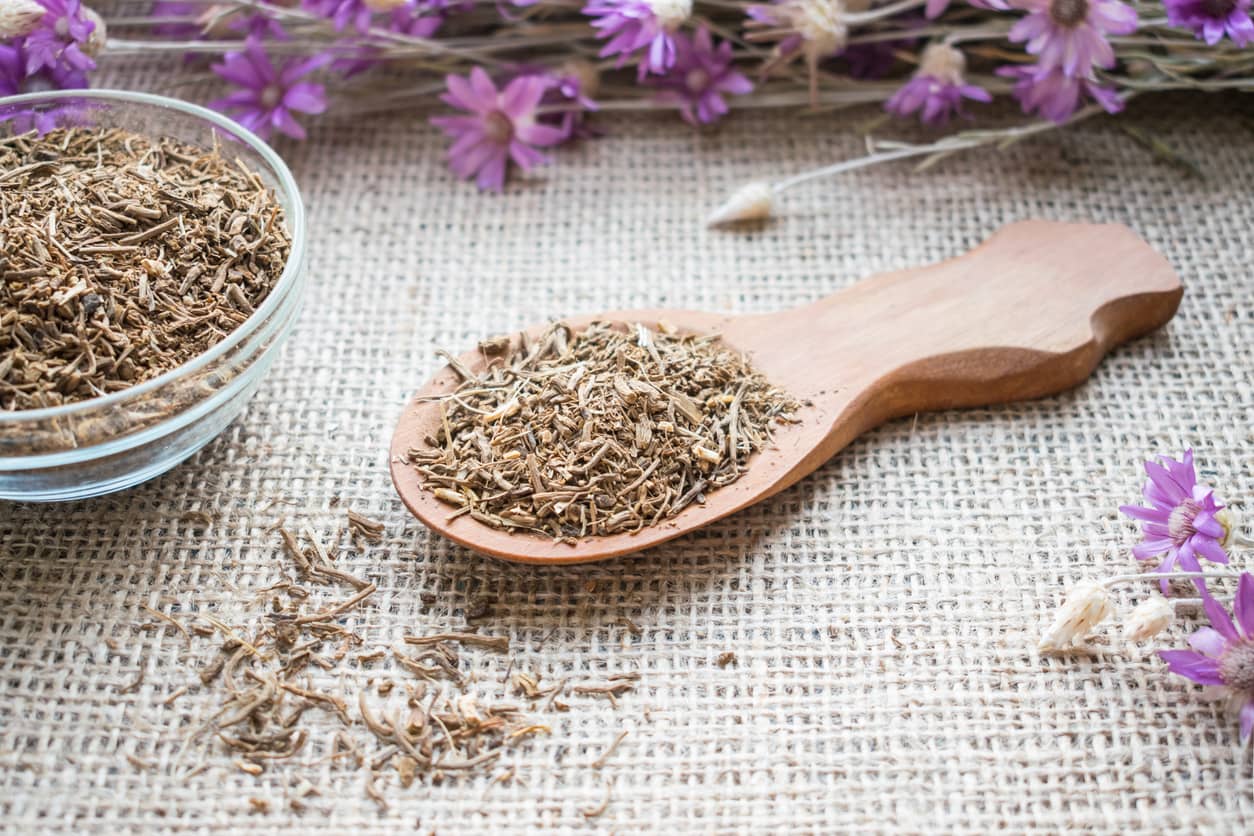What is Elderberry? Uses, Benefits, and More

Elderberries are a fruit found on the Sambucus bush. There are many different types of elder plants, around 30 in fact, but the most common is the Sambucus nigra. It is also known as black elder or the European Elderberry.
For centuries Elderberry has been used in various remedies due to its medicinal properties. In particular, it is thought to be a supportive agent to help fight against colds and flu. So, what is in Elderberry that is believed to help it support the immune system? And what can you use Elderberry for? Let's look at it in a little more detail.
The History of Elderberry
The small blue-black bunches of berries are toxic when uncooked. They are quite tart in flavor, and you need to cook them to eat them. Otherwise, they can cause stomach problems such as sickness and diarrhea. The Sambucus tree also grows small white-colored flowers that you can eat either raw or cooked.
Its use dates back centuries, and historians document it to have been used by the Romans, Celts, Anglo-Saxons, Vikings, Neolithic people, and Ancient Egyptians. One of the earliest texts that records the use of Elderberry medicinally is dated 1644, entitled 'The Anatomy of Elder' by Dr. Martin Blochwich.
Benefits of Elderberry
Packed with antioxidants and vitamins, scientists have shown Elderberry to have anti-viral and antibacterial properties. It is a low-calorie fruit that is nutrient-dense, containing:
- Vitamin C - helps keep your cells healthy and promotes the healthy growth of skin, cartilage, bones, and blood vessels.
- Dietary fiber - which has a positive effect on health. Eating more dietary fiber is linked to a decreased incidence of several types of diseases.
- Anthocyanins - these are part of the flavonoid group of phytochemicals. They have antioxidant and anti-inflammatory effects.
- Antioxidants - Elderberry contains a range of antioxidants that are known to help prevent or slow damage to cells caused by free radicals.
What does this mean in regard to your health? Well, clinical studies have shown that it is the phytochemicals in elderberry extract that may help block cold and flu viruses. Some research has identified that a diet rich in flavonoids can help reduce the risk of heart disease and diabetes.
What Can You Use Elderberry for?
There have been many research studies that suggest Elderberry:
- Helps prevent respiratory ailments, colds, and flu
- Can Reduces the risk of cardiovascular diseases
- Can Reduce the risk of diabetes
- Can have a significant impact on the immune system
- Has both anti-viral and antibacterial activity
- Can help protect against UV radiation
The National Center for Complementary and Integrative Health states that Elderberry might relieve symptoms of colds, flu, or other upper respiratory infections, but more research is needed to understand how beneficial it is for other health conditions.
Why Choose an Elderberry Supplement?
Scientific research into Elderberry is promising and growing. There is already a significant number of studies showing the benefits of Elderberry in supporting your immune system and fighting respiratory ailments.
Share
Your share can inspire countless others.


















































